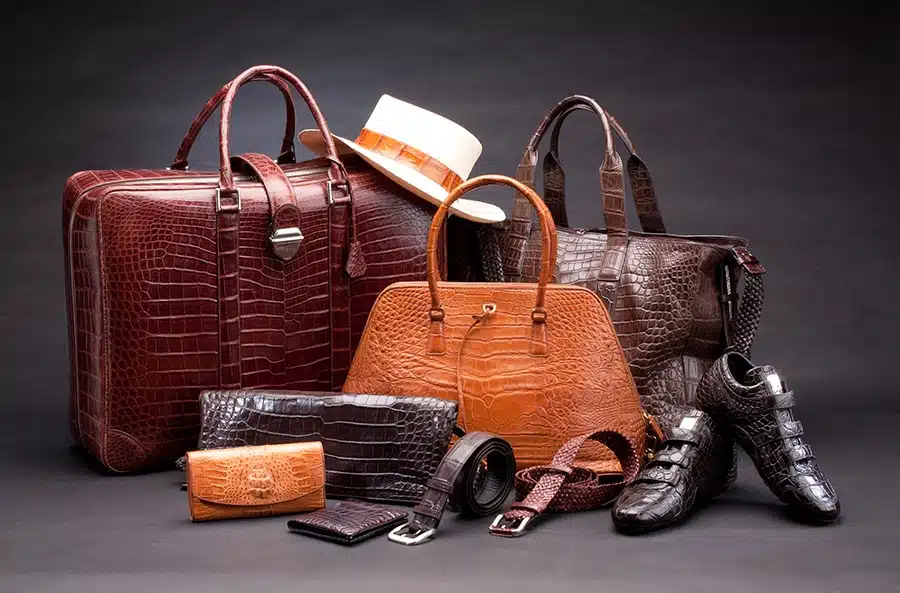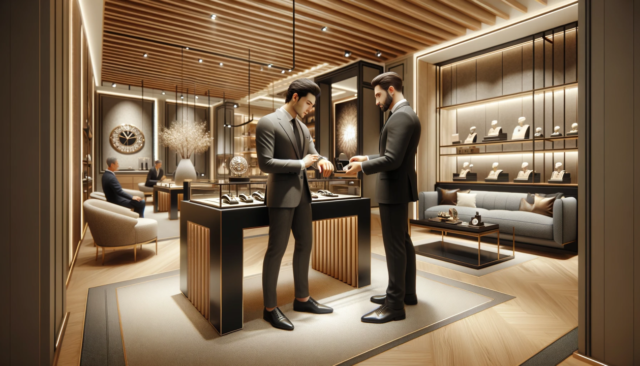Understanding the Role of Luxury Goods
In recent years, luxury has come to matter as materialistic status has become associated with success in society. From expensive car brands to fine-watchmakers and fashion designers, there are many well-established products of wealth and success. Consumption patterns of consumption trends have also prominently altered in today’s marketplace. But this begs a question: Wherefore are luxury goods so significant? How do they shape societies, and what do they say about peoples’ hopes?
This article aims to trace the often disregarded, seemingly intangible connections between success, status, and luxury goods in the modern society. Its psychological aspects, its place in culture, its depreciation, and its promotion—it all deserves attention. To assist our readers in grasping this complicated matter step by step, we will provide key facts in the form of tables, cite scholars, and outline the frequently asked inquiries about luxury goods, consumption and its rise in recent times.
The Psychology Behind Luxury Purchases: Luxury goods are thought to be an enhancement of wealth, they are an emotional creation, a source of aspirations and attachments of belongingness. Psychologists have given numerous reasons as to why people are attracted towards luxury:
Emotional Satisfaction: A sense of pride and achievement comes from the quality and rarity of luxury items.
“In essence, luxury goods are a way of showcasing one’s essence, a medium to express an individual’s position and status within society.”
Table 1: Key Psychological Drivers of Luxury Consumption
| Driver | Description | Example |
|---|---|---|
| Self-Expression | Reflects personal identity and aspirations | Wearing a Rolex to signify professionalism |
| Social Status | Demonstrates success and societal standing | Driving a Tesla as a status symbol |
| Emotional Fulfillment | Creates feelings of pride and exclusivity | Owning a Hermès Birkin bag |
Luxury Goods as Status Symbols
Historical Context: Throughout history, luxury items have been markers of status. From ancient Egyptian gold artifacts to European royal jewels, owning rare and valuable items has long been associated with power and prestige. This cultural association persists, but its forms have evolved.
- Traditional Luxury: Precious metals, gemstones, and fine art.
- Modern Luxury: Exclusive experiences, technological innovations, and branded goods.
Cultural Perceptions of Luxury: Luxury’s meaning varies across cultures, but it often intersects with societal values:
- Western Societies: Focus on individuality and self-made success.
- Eastern Societies: Emphasis on collective honor and tradition, with luxury symbolizing familial pride.
- Emerging Markets: Rapid economic growth has fueled a desire for luxury as a marker of newfound wealth.
“Luxury goods bridge the gap between personal achievement and societal recognition, making them universally desirable.”
How Marketing Reinforces Status: Luxury brands invest heavily in crafting aspirational narratives that appeal to customers’ desire for distinction. Through storytelling, endorsements, and exclusivity, they shape the perception of their products.
The Economic and Social Impact of Luxury Goods
The Luxury Market’s Growth: The luxury goods market has seen exponential growth, fueled by globalization, digital marketing, and increased disposable incomes.
Table 2: Luxury Goods Market Trends (2020-2024)
| Year | Market Value (USD) | Growth Drivers |
|---|---|---|
| 2020 | $310 billion | Digital transformation, emerging markets |
| 2022 | $340 billion | post-pandemic recovery |
| 2024* | $390 billion | Sustainability and personalization |

Luxury Goods and Social Equity: While luxury goods symbolize success, they can also highlight societal inequities. Critics argue that the prominence of luxury items perpetuates materialism and reinforces economic divides.
Positive Impact:
- Employment: Luxury brands create jobs in manufacturing, retail, and marketing.
- Cultural Preservation: Traditional craftsmanship is often preserved by luxury artisans.
Negative Impact:
- Exclusion: High price points make these goods inaccessible to most.
- Environmental Concerns: Mass production of luxury items can have ecological repercussions.
Evolving Trends in Luxury Consumption
Sustainability in Luxury: Modern consumers are increasingly demanding eco-friendly luxury. Brands like Stella McCartney and Gucci are leading the way by using sustainable materials and ethical production processes.
Digital Luxury: From online boutiques to virtual reality showrooms, luxury brands are embracing technology to enhance accessibility while maintaining exclusivity.
“The digital age has democratized luxury without diluting its essence, creating a balance between exclusivity and accessibility.”
Experiential Luxury: Consumers today value experiences over possessions. Luxury dining, travel, and wellness retreats are becoming as coveted as material goods.
Table 3: Comparison of Traditional vs. Experiential Luxury
| Aspect | Traditional Luxury | Experiential Luxury |
|---|---|---|
| Focus | Ownership of physical items | Memorable experiences |
| Examples | Jewelry, cars | Luxury vacations, private events |
| Emotional Impact | Pride of possession | Joy of participation |
Luxury goods remain a potent symbol of success and status in today’s society, representing more than material possessions—they reflect aspirations, achievements, and cultural values. While the luxury market evolves with trends like sustainability and digital innovation, its core appeal endures: the promise of distinction and the affirmation of personal and societal triumphs.
Whether as a marker of wealth, a reward for hard work, or a gateway to an aspirational lifestyle, luxury goods will continue to define success in both tangible and intangible ways. By understanding the dynamics of this world, individuals and businesses alike can better navigate and appreciate the intricate tapestry of luxury.
FAQs
Why do luxury goods symbolize success?
Luxury goods are often associated with exceptional quality and exclusivity, making them aspirational items. Owning them signals financial achievement and refined taste.
Are luxury goods worth the price?
The value of luxury goods lies in their craftsmanship, brand reputation, and emotional appeal. For many, the status and satisfaction they provide justify the cost.
How do luxury brands maintain exclusivity?
Luxury brands use limited production, high price points, and selective distribution channels to preserve their elite image.
What role does sustainability play in luxury today?
Sustainability is becoming integral to luxury, with consumers favoring brands that prioritize ethical practices and eco-friendly materials.
Can digital platforms dilute the exclusivity of luxury goods?
While digital platforms make luxury more accessible, brands maintain exclusivity through curated online experiences and premium service offerings.







